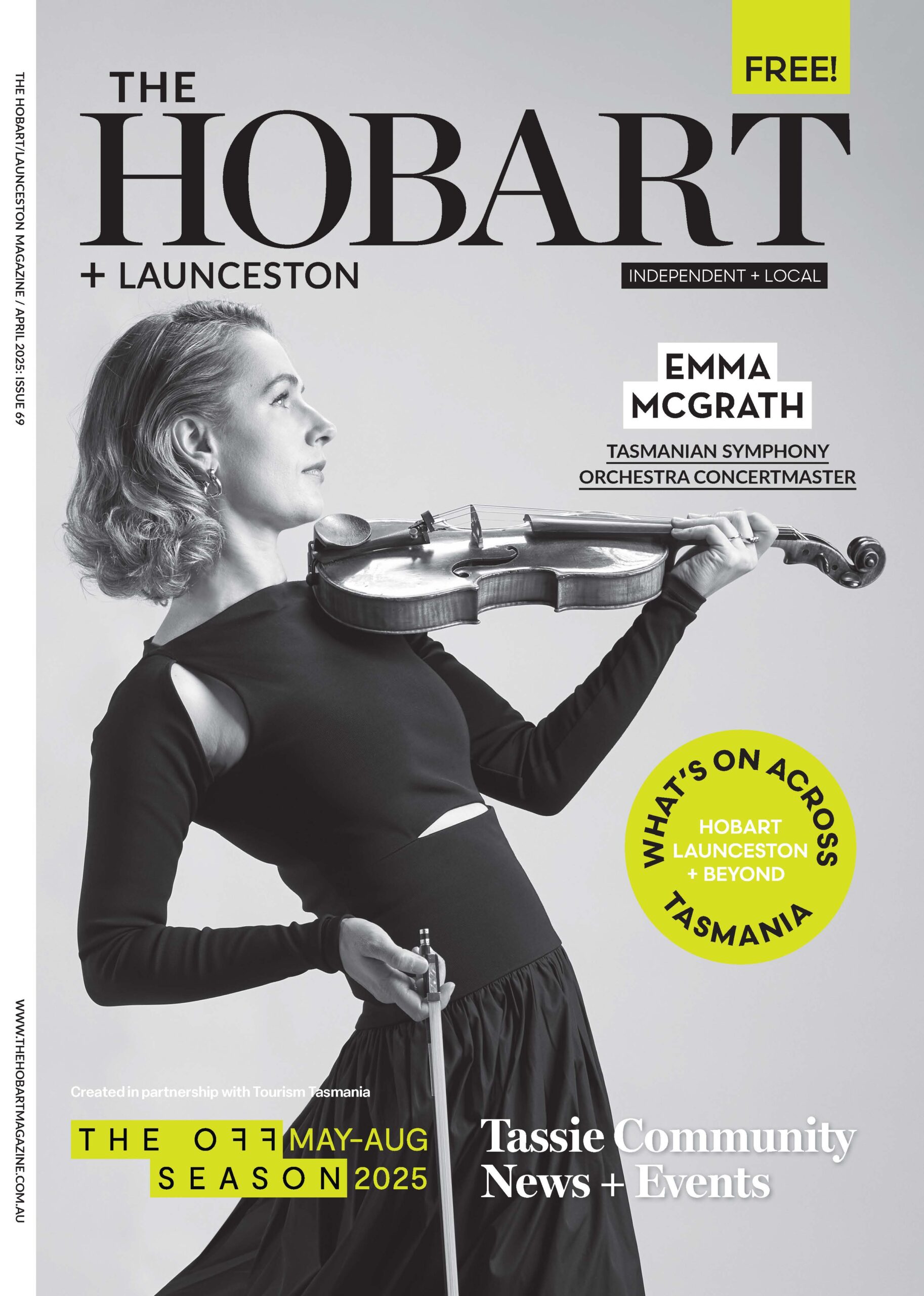Show Me the Money!
by Annia Baron

“Everyone who drives a Mercedes is a snob. People who own multiple houses are greedy. And those who spend a lot of money are selfish.”
Those were the young girl’s beliefs. She grew up in a humble home with loving parents. Her mum and dad didn’t have much but worked hard. When she wanted to attend school camp or go to the movies with her friends, money was always a point of contention. Her father never said it, but she knew it was because they couldn’t afford it. The girl’s aunty on the other hand was very wealthy. She drove the latest BMW, upgraded her palatial homes on a regular basis, and took frequent holidays. She also complained a lot about life and didn’t appear to do much for anyone but herself. The young girl never wanted to be like that. She desired to be seen as kind and generous.
Over time, she considered all rich people to be selfish. When someone walked by dressed in a designer outfit or flashed their expensive jewellery, she rolled her eyes and put them in that category. Secretly though, she was yearning for financial freedom. She too wanted to have enough money one day to purchase her own home, drive a cool car, and go on adventures. But her negative judgments about money was the very thing that kept her from a prosperous life. She never saw money for what it is.
We were taught about money in primary school. Whose face is on what coin and the basics of saving and spending. But no one explained the psychology of money – the subconscious beliefs we carry about it, where these views come from, and why they’re hard to shift. We’re robbed of the learning that money is in fact, energy – an exchange of our personal vibrancy. When we decide to purchase something of value, such as a product or experience, what we’re really handing over, isn’t just the card we swipe with, but the action of trading in our precious time. And not just the hours it took to earn that money but the emotions, thoughts, and sacrifices behind it.
Think about the way you use your money. Do you like it? Do you feel good and fulfilled when you use it? Do you talk openly about money with friends? What if you woke up and found that someone had posted your quarterly bank statement online, with every transaction for others to see! And what about your views of people with money? Do you judge them somewhat negatively? Perhaps these are signs that our money psychology deserves to accrue some positive interest.
How do we grow our wealth without feeling poor? Mahatma Gandhi said, “Happiness is when what you think, what you say, and what you do are in harmony.” If we say we desire optimal health but continue spending money (i.e., our time and energy) on things that aren’t good for us, what are we really paying for? If we say we want to reduce stress and be more present with our loved ones but we’re spending unnecessary money on things keeping us overworked, what is that saying about our objectives? Our brain is getting mixed messages about money and our emotional wellbeing.
But what if we looked at money as a tool for aligning to the core of what makes us feel like our best selves. Imagine technology was so advanced that we all wore a digital wrist band displaying the number of days and hours we had left to live. What if you could get immediate feedback and see that each time you purchased something that went against your personal values and goals (e.g., avoiding emotional issues, seeking unhealthy quick-fixes or greed), your time would go down. Conversely, when you purchased something with an earnest intention to cultivate that which enabled you to flourish (e.g., cleansing your body, connecting with your community, and making positive changes to your environment), your time went up!*
Think of the last purchase you just made. What would your countdown display? Some of us are having a hard time with money and some of us have come a long way. There are those that are wealthy and still think they need more and there are others that have less but are always happy to share. We all have our views on money. It’s normal to compare and it’s easy to judge. Whatever your perspective on money, familiarise yourself with the patterns and beliefs you’ve been carrying. You’ll not only create a more harmonious relationship with money, but better understand how to use it in a way that honours your meaningful pursuits.
And the next time you see someone driving a flashy car or boast about what they’ve spent their money on, simply notice any judgments that you have, and give yourself a little smile knowing that you’re committed to working on yourself. That’s rich.
*The 2011 film In Time, explores some facets of the relationship between money and time.
Annia Baron is a mum, a Clinical Psychologist & Mindset Coach. Want to learn more about mindset tools to create a life you desire and deserve? Get in touch on Instagram @anniabaron or visit www.remindyourself.com.

